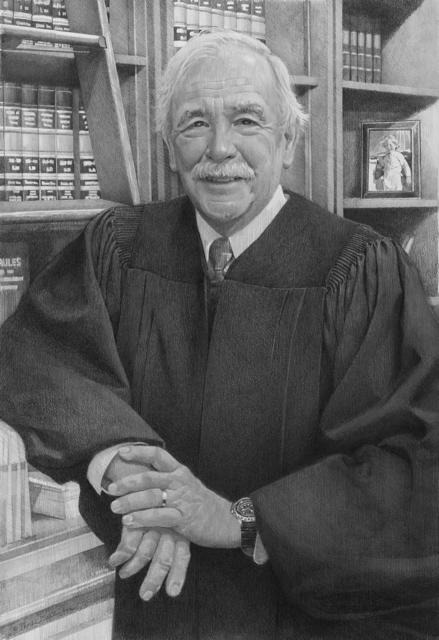Despite the growing prevalence of the use of hyperlinks, only a handful of courts have addressed the issue of modern attachments to date.
In the June 10, 2024 edition of The Legal Intelligencer, Kelly Lavelle wrote, “Navigating the Shift: Understanding Modern Attachments in E-Discovery.” Continue reading ›
 Kang Haggerty News
Kang Haggerty News


 Philadelphia, PA (February 13, 2024):
Philadelphia, PA (February 13, 2024):